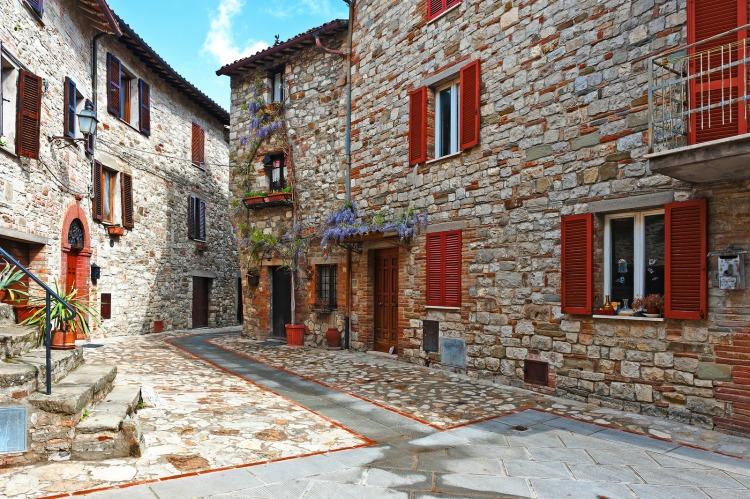We continue with our second and last installment in the series “Buying Property in Italy: Tips For the Right Investment”. In Part 1, which you can read here, we looked at the negotiation process, at new homes vs resales, and at precautions to take before signing the deed. Now, we look at mortgage conditions, home insurance and considerations around buying a house to rent it.
Mortgage
In Italy, the nominal rate has fallen below 2% on adjustable-rate mortgages, and below 3% on fixed-rate ones. While this is certainly positive, it doesn’t mean that the credit crunch has loosened up; only house buyers with regular work contracts and substantial cash availability will be able to benefit from the “mini interest rates”. For those who don’t meet these requirements, mortgages are more expensive, or, in some cases, they’re simply not granted.
Consider these two tips if you have to apply for a mortgage: the first is to subordinate the preliminary real estate contract to obtaining the loan; the second is to not just consider the interest rate offered by the bank, but to also look at the conditions surrounding the mortgage agreement that don’t usually enter into the calculation of the effective rate, for example the types of additional guarantees requested by the bank, the required insurances, the requirement to open a bank account and the associated costs.

Home Insurance
Consider buying a homeowners insurance policy which will provide you with financial compensation should you suffer losses related to your home. There are many types of policies, but you should go for one that is fairly comprehensive, including liability coverage and coverage related to events such as fire, wind and theft.
Buying a home to rent it?
Considering the housing market in Italy these days, buying a house to rent it can make sense as a way to diversify your financial portfolio. Yield will exceed 2% net per year; however, consider that property taxes in Italy, which include the Tasi and IMU, are very high. At the same time, keep in mind that if you resell after five years making a profit, you’re not going to pay taxes on the surplus, while you do for financial investments such as government bonds.
If you plan to buy a house to rent it, another factor to consider is tenants’ solvency: the time and cost required to perform an eviction could lead to losing a good portion of the money invested in the property.
Need more tips related to buying a house in Italy? Check our two-part series about Buying a Property in Italy – read part 1 here and part 2 here.
Also, consider these six things before buying a property in Italy.
Finally, browse our Property for Sale section, with lots of options on houses for sale!













